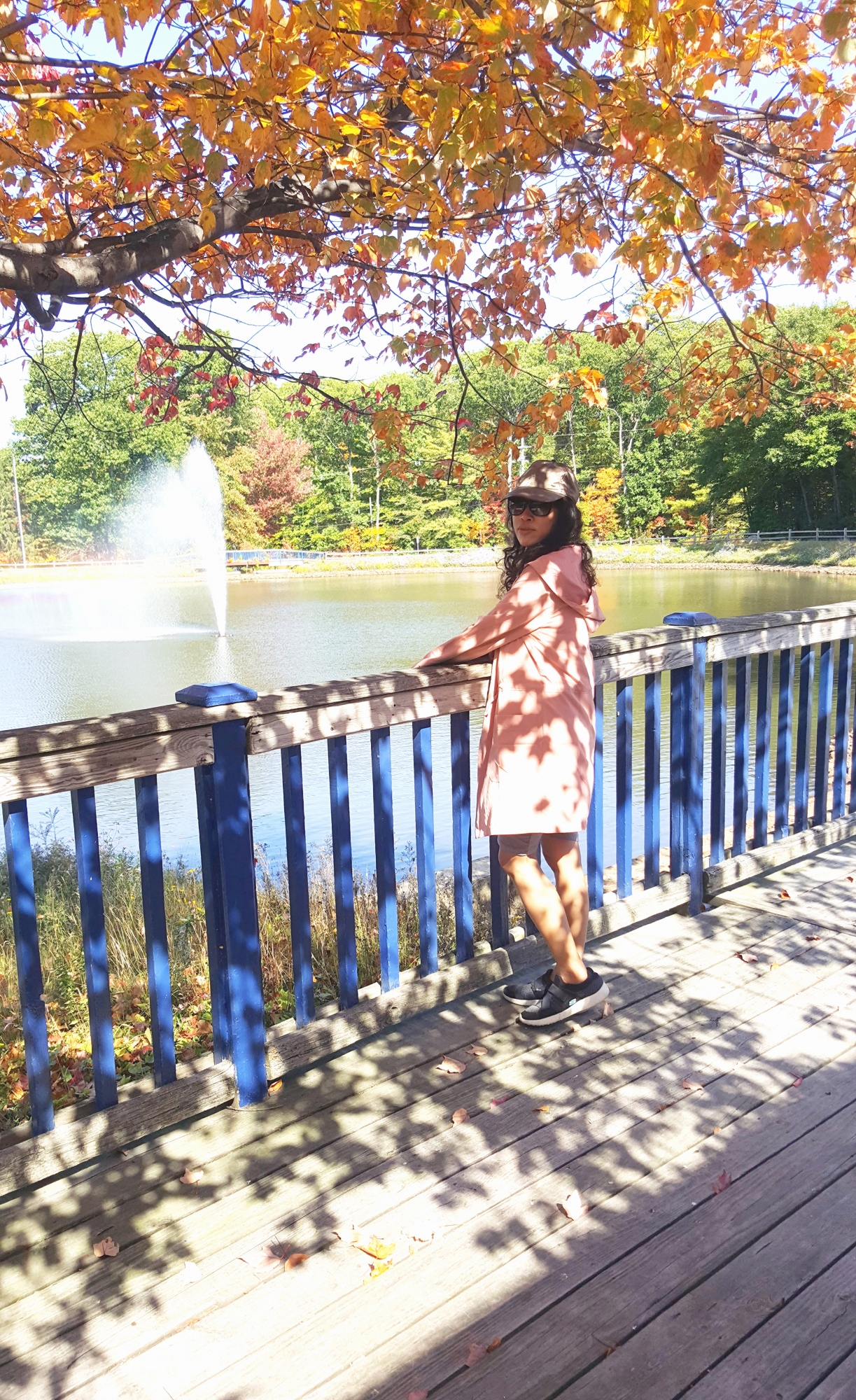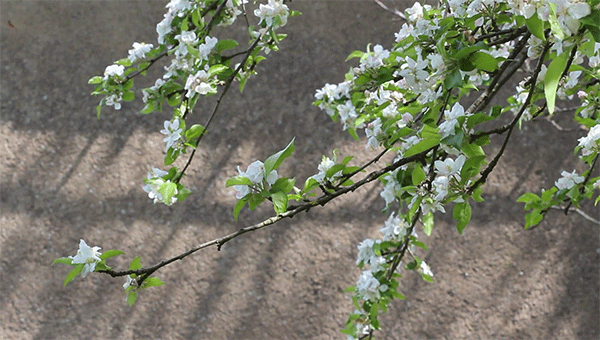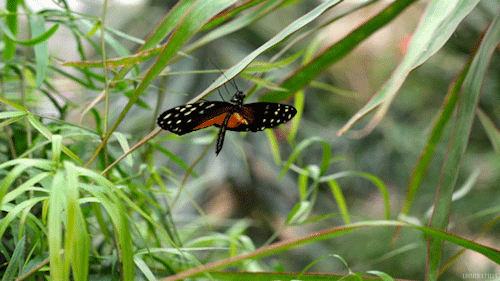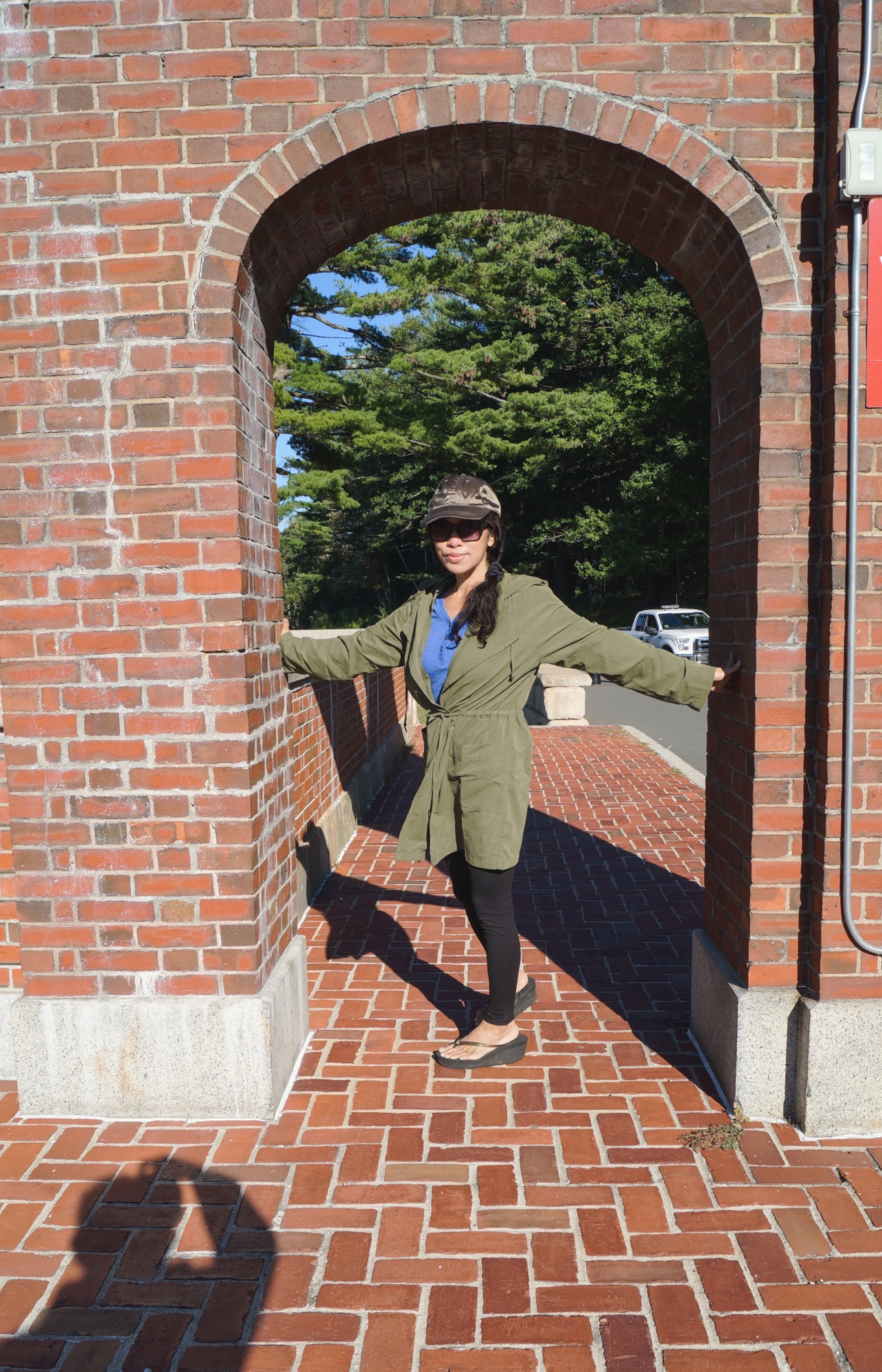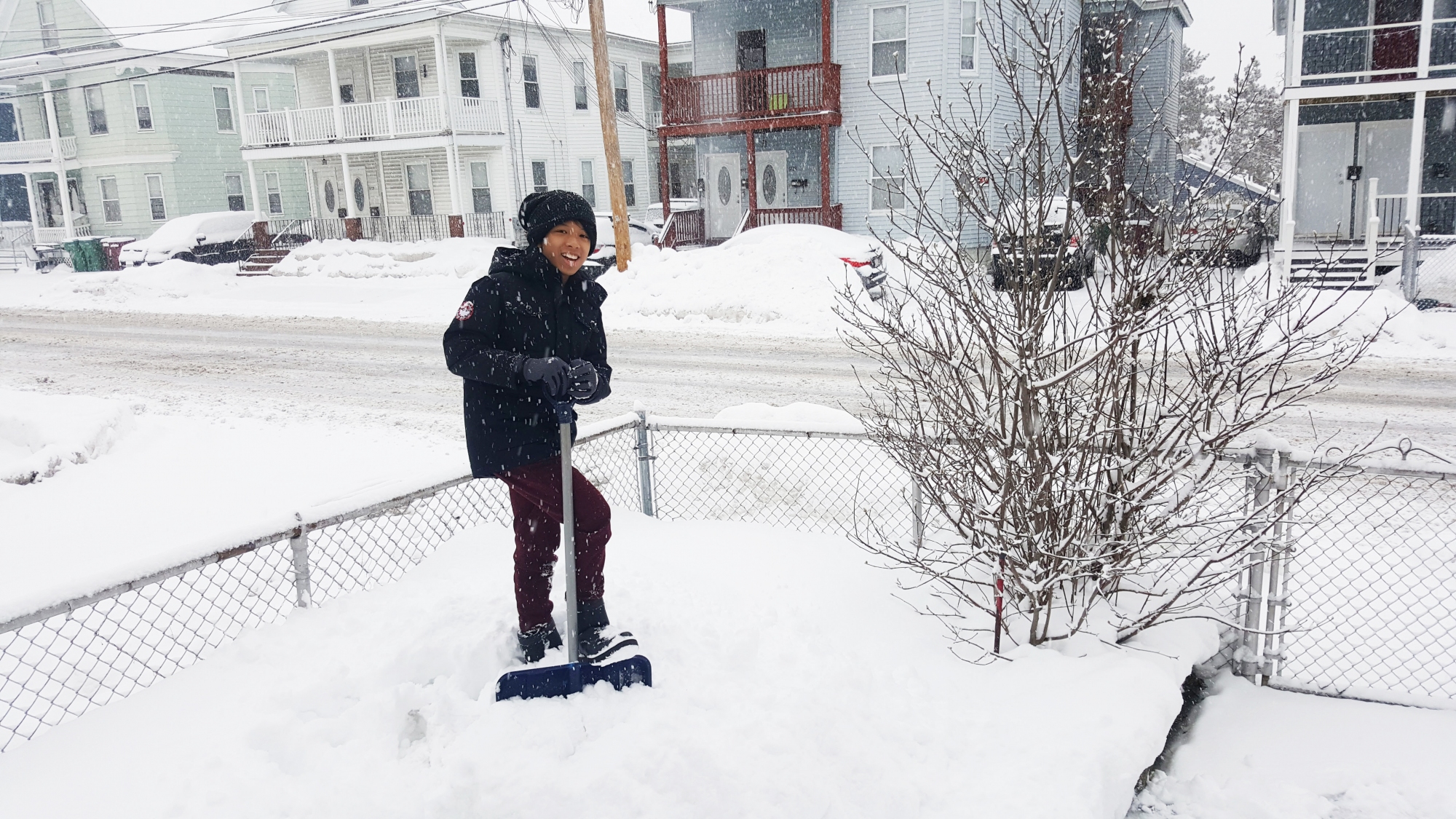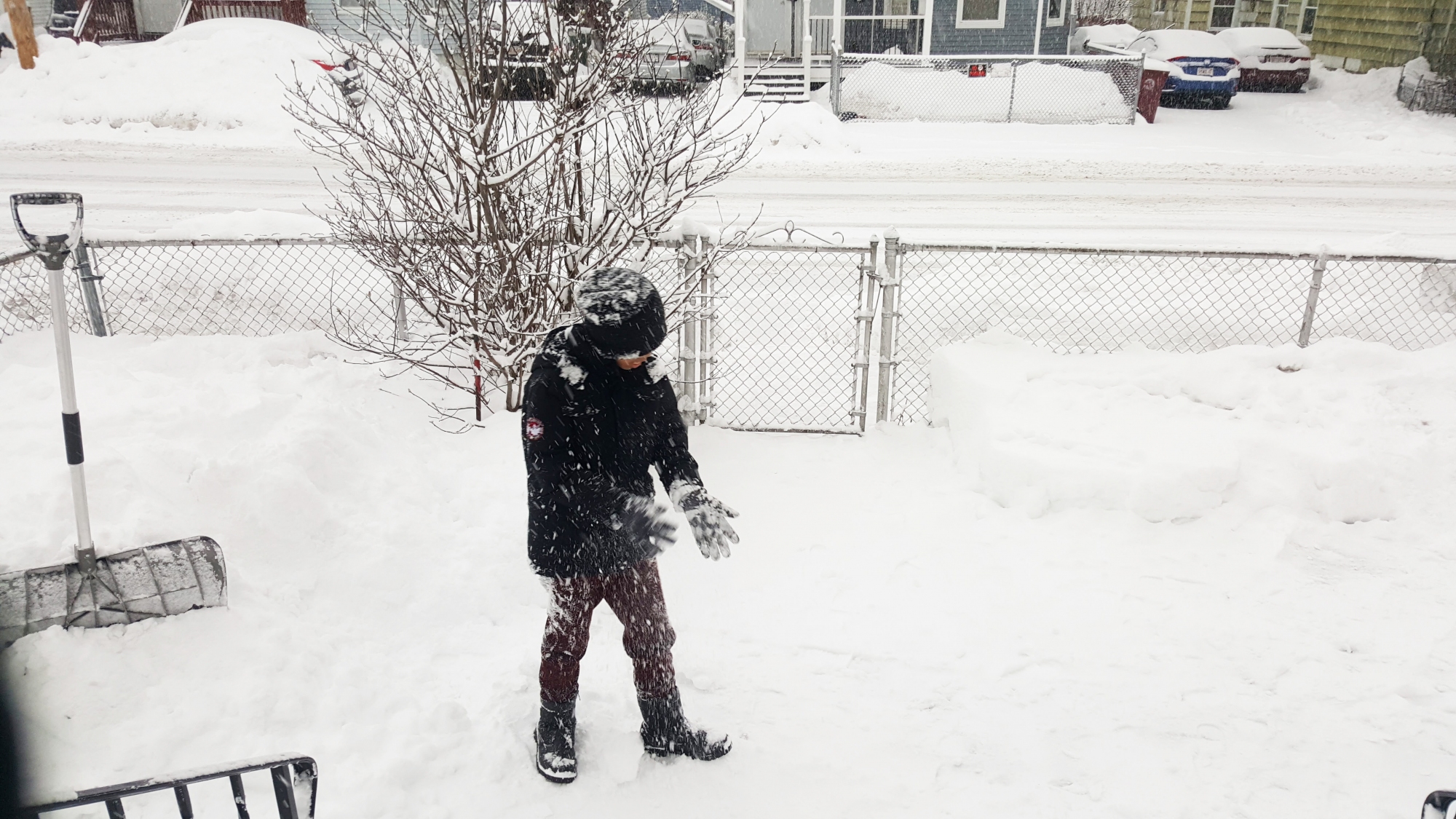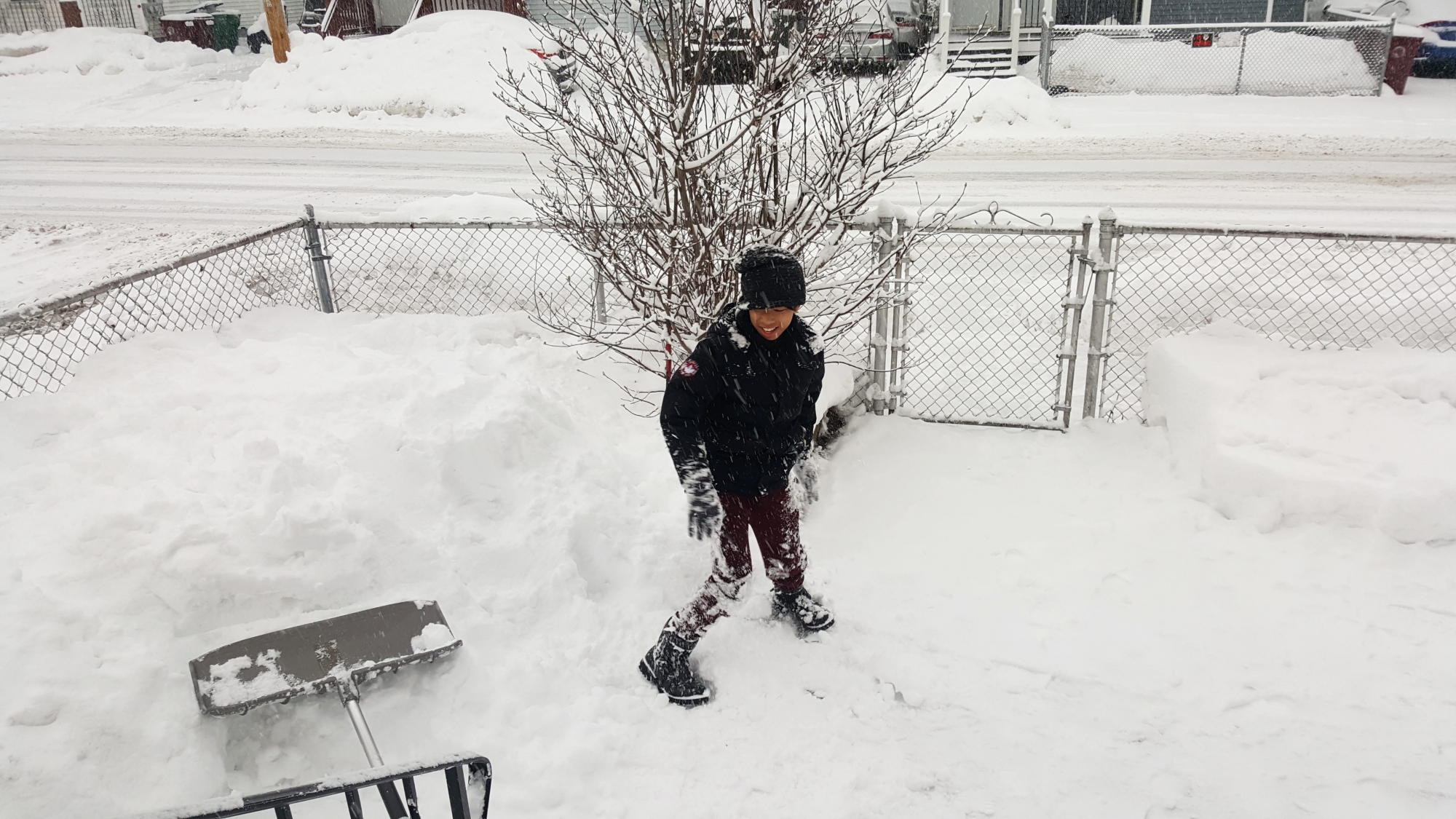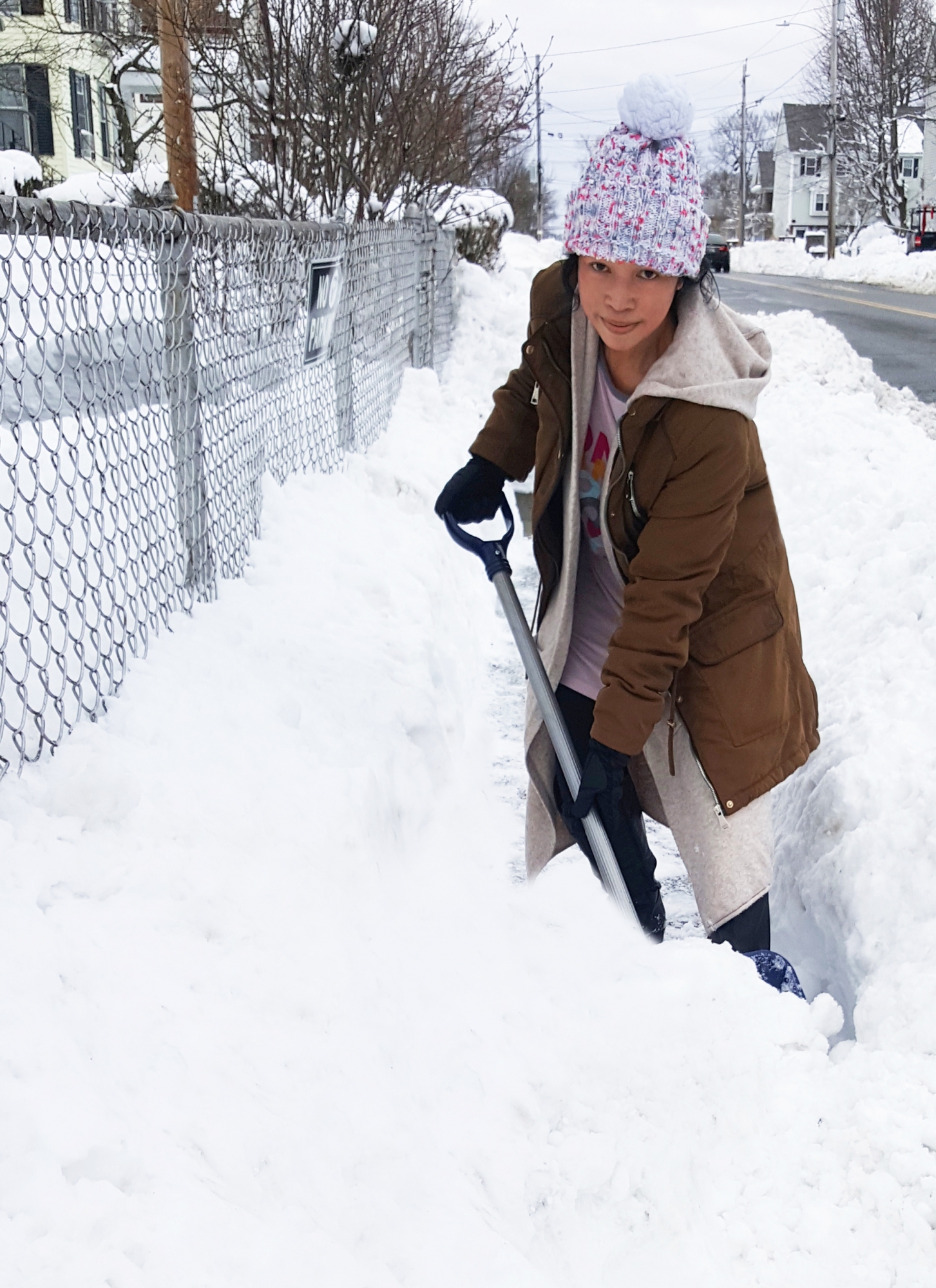When humans are very young
Infants and young children naturally and spontaneously reveal what they feel. They are not held back by inhibitions or enmeshed in habits of deception. One effect of babies’ naturalness is that people feel affection towards them, and this kindness that others show them is necessary for their survival. We find small children adorable and loveable, and we are therefore willing to take care of their needs. People stop to admire them and want to caress and hold them. If they cry, we want to discover why so we can give them whatever they lack. When humans are very young, we are naturally open and straightforward. If a small child sees another playing at something, he or she might walk straight up and join the other in the play. Children unselfconsciously wave at people in passing trains or cars. They do not doubt others’ intentions or seek to deceive them. ~ 17th Karmapa


